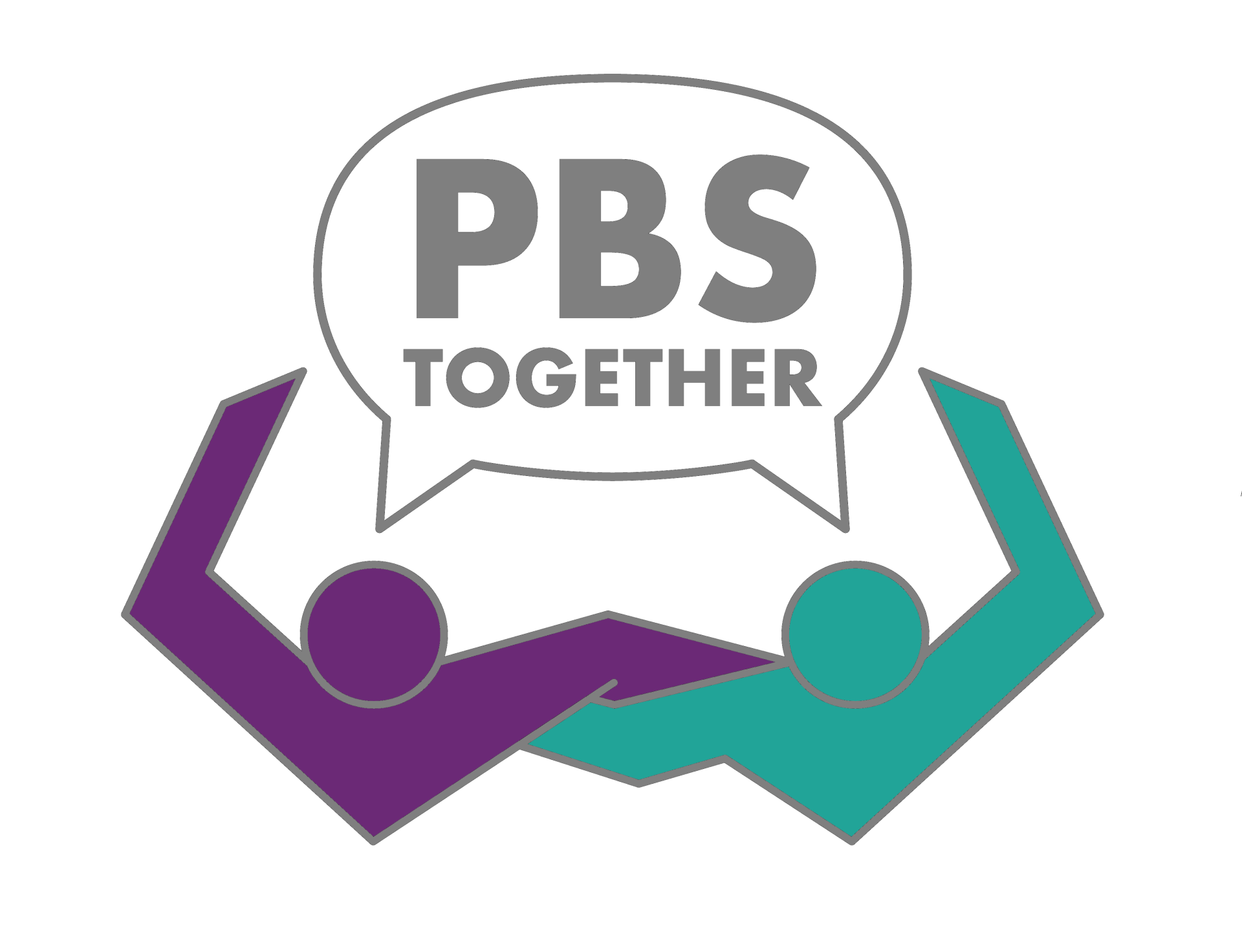PBS Essentials
Functional Behaviour Assessment (FBA)
Learn to conduct a four-term contingency analysis and a six-step Functional Behaviour Assessment process to identify functional determinants of behaviour, to develop person-centred, context-specific support plans.

Effective Assessment, Meaningful Action
How do I know if I am doing FBA effectively?

What's included?
Practical Strategies
for Effective FBAs
Meet Your Instructors


Are you ready to take your FBA skills to the next level?
You will not only learn the skills you need, but also be provided with evidence-based tools and the opportunity to put your learning into practice through real-life case studies.
This course is designed to elevate your practice and provide the skills needed to conduct high-quality FBAs with confidence.
You won’t want to miss this

